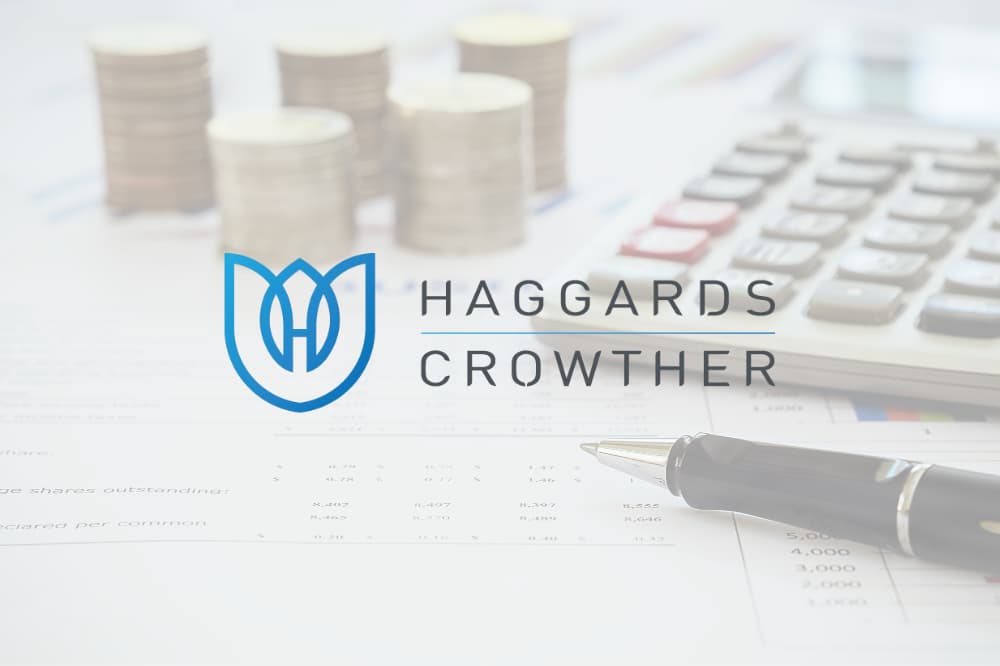
Self-Employed? Don’t Miss These Tax Deductions
12th September, 2025
Self-employed individuals in the UK are asking the same question every year, what can I claim back on tax? With there being hundreds of possible deductions and complex HMRC guidelines to navigate, it’s no wonder that this question is asked so often.
Understanding how much tax you can claim back as a self-employed individual is essential for reducing your tax liability.
To explore the key expenses you can deduct in the current tax year, continue reading.
Why Tax Deductions Matter for Self-Employed Individuals
Claiming tax back on business expenses isn’t just about money; it’s also about running your business efficiently. When you’re self-employed, you’re taxed on your profits, not your gross income.
Every credible business expense you claim helps reduce the amount of tax you are paying on profits made. If you are unaware of these tax deductions, you are effectively overpaying HMRC and impacting the financial growth of your business.
With expert knowledge from the Haggards Crowther team, you can reduce your tax bill and reinvest those savings into the growth of your business.
So, What Can I Claim Back on Tax?
All self-employed individuals face different challenges, and not all of the tax deductions that we explore will apply to everyone. However, understanding these tax reliefs can provide your businesses can help you reduce your overall business expenses.
Below, we will highlight the most common tax-deductible expenses for self-employed individuals in the UK.
1. Home Office Expenses
If you work from home rather than in an office, whether it’s full-time or occasionally, you can claim back a portion of your home bill, including:
- Heating and electricity
- Council tax
- Rent or mortgage interest
- Internet and phone bills
There are two ways you can calculate your home office expenses, including the flat-rate method provided by HMRC or the actual cost method.
If you dedicate one room to your work, you might be able to claim a bigger portion of your house bills. However, be careful not to claim back 100% of all bills, as you may face capital gains tax issues if you decide to sell your home.
Find out how to reduce your CGT liability here.
2. Office Supplies and Equipment
If you work as an employee in an office, you likely have various supplies and equipment to use from the company, ensuring you can work to your full potential.
However, when you are self-employed, you are required to purchase your own supplies and equipment, as it’s not provided by a business. These often include:
- Pens
- Printer ink
- Notebooks
- External hard drives
- Postage costs
For larger equipment such as laptops, monitors, or mobile phones used for work-related purposes may be classed as capital allowances. This means that you can deduct the cost of expenses over time or sometimes all at once using the Annual Investment Allowance.
3. Business Travel and Vehicle Costs
If you travel for work, whether it’s for client meetings, site visits, or personal development training, you may be able to claim back:
- Mileage allowance
- Train, bus, or taxi fares
- Hotel stays and meals when overnight
- Parking and tolls
Any travel that you do for your self-employed work may be tax-deductible as long as it is for one of the reasons mentioned above. It’s important to keep detailed records of travel expenses, including receipts and mileage logs. Having proof of your expenses allows you to claim back tax.
4. Marketing Costs
Are you looking to grow your business? Any costs related to marketing likely to be deductible. HMRC will allow you to claim tax on business marketing expenses:
- Website development
- Online ads (Google, Facebook, Instagram)
- Branding
- Graphic design
- Brochures
- Business cards
There are very few exceptions to this tax deduction. However, it’s important to note that you cannot claim costs related to entertainment or hospitality for clients or customers.
5. Legal and Financial Costs
When calculating your self-employed expenses, it’s important to include any costs associated with hiring professionals:
- Accountant
- Solicitor
- Architect
If you use traditional accounting, these are part of your capital allowances. You are also permitted to claim fines for illegal activity or the legal costs of equipment. However, you can claim tax back on bank and financial fees. Potential tax deductions include:
- Bank fees
- Credit card charges
- Leasing payments
- Hire purchase interest
- Interest on loans
6. Pension Contributions
As a self-employed individual, putting your money into a pension scheme is both smart and tax-efficient.
You can contribute to a personal pension scheme and receive tax relief instantly. Higher and additional rates allow taxpayers to claim extra relief through their tax returns. If you run your own limited company, any employer pension contributions can be treated as deductible business expenses, helping you reduce your overall tax bill.
At Haggard’s Crowther, we help self-employed individuals integrate pensions into their long-term tax strategy, helping them have an improved understanding of how to reduce their tax bill.
Tax Deductions With Haggards Crowther
Running your business self-employed doesn’t come cheap, and it can no doubt be stressful. It also comes with a lot of ongoing financial responsibility – but don’t worry we can help. At Haggards Crowther, we provide support and services to help you tackle your tax bill in a more efficient manner.
If you’re finding that you are paying more and more tax on business expenses, it’s a good chance that it’s deductible. With our professional advice, we can help you stay informed and track your expenses so that you don’t pay more tax than you have to.
If you are still unsure about what you can claim tax on as a self-employed individual, contact us today and our team will provide you with the guidance that you need.





